Gibson involved in new legal disputes with Satellite Amplifiers and Collings Guitars
"Gibson must protect itself from this and other similar opportunistic tactics, despite the potential distractions being created," the company says of the Satellite Amplifiers dispute
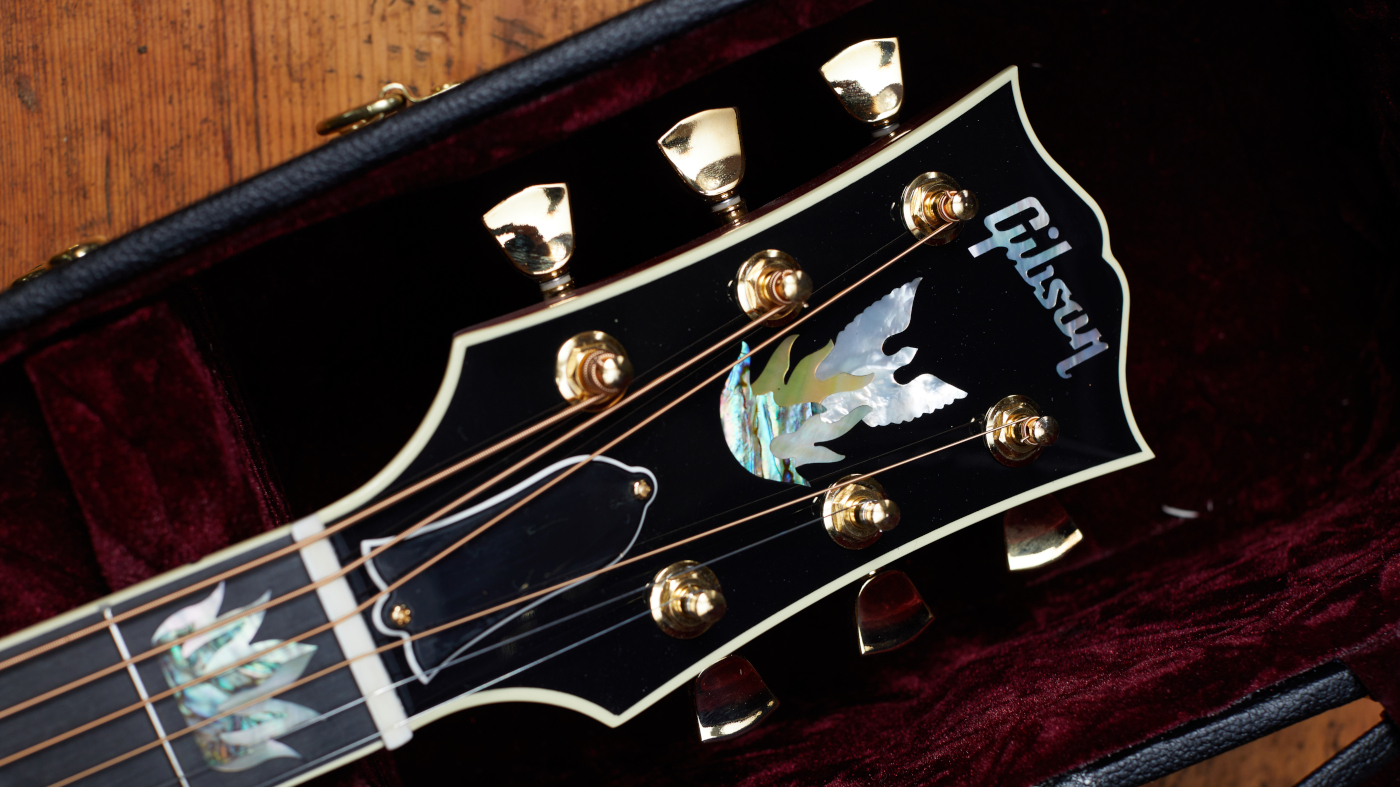
It seems there's never a dull moment in Gibson's legal team, and it's now emerged that the company is involved in two different disputes. One concerning Satellite Amps and the other regarding the headstock design of Collings electric guitars.
The guitar giant recently issued an official statement in response to claims from Satellite Amplifiers owner Adam Grimm that Gibson was seeking to “invalidate” his “federal trademark” for the Coronet electric guitar, a model originally made by Epiphone.
Grimm took to Instagram on 10 July to speak out; “I know that Gibson abandoned the model in 1999 and never bothered to even attempt to protect the model or keep it alive," he said. "Ever. Until now. Why? Because myself and a few others have brought it back to life, and introduced it to a new audience that never even knew the model existed.”
A photo posted by @satelliteamps on Jul 10, 2020 at 2:39pm PDT
In its own statement, Gibson has disputed Grimm’s claims, citing the launch of the Coronet in the ’50s and continued manufacture of artist models since 2008 as establishing its own trademark rights.
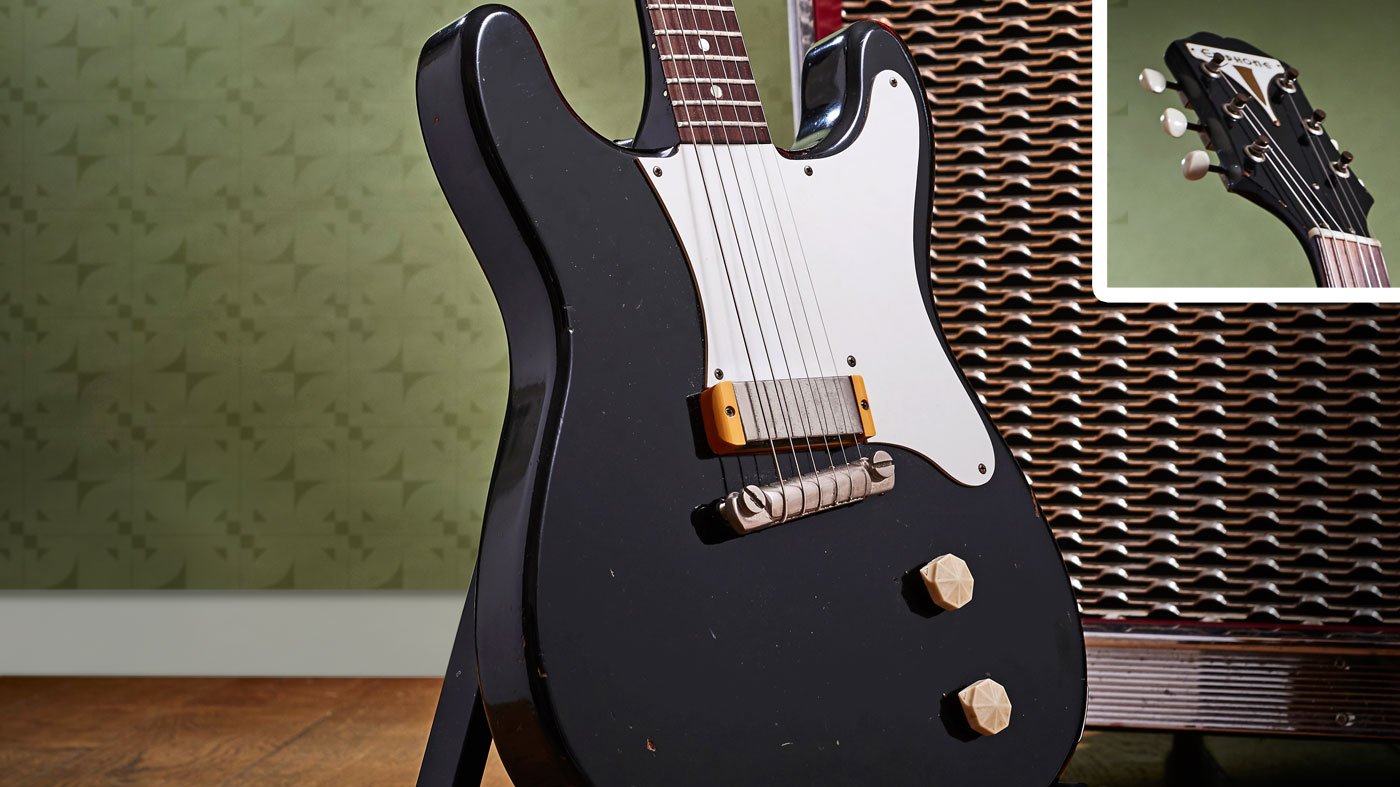
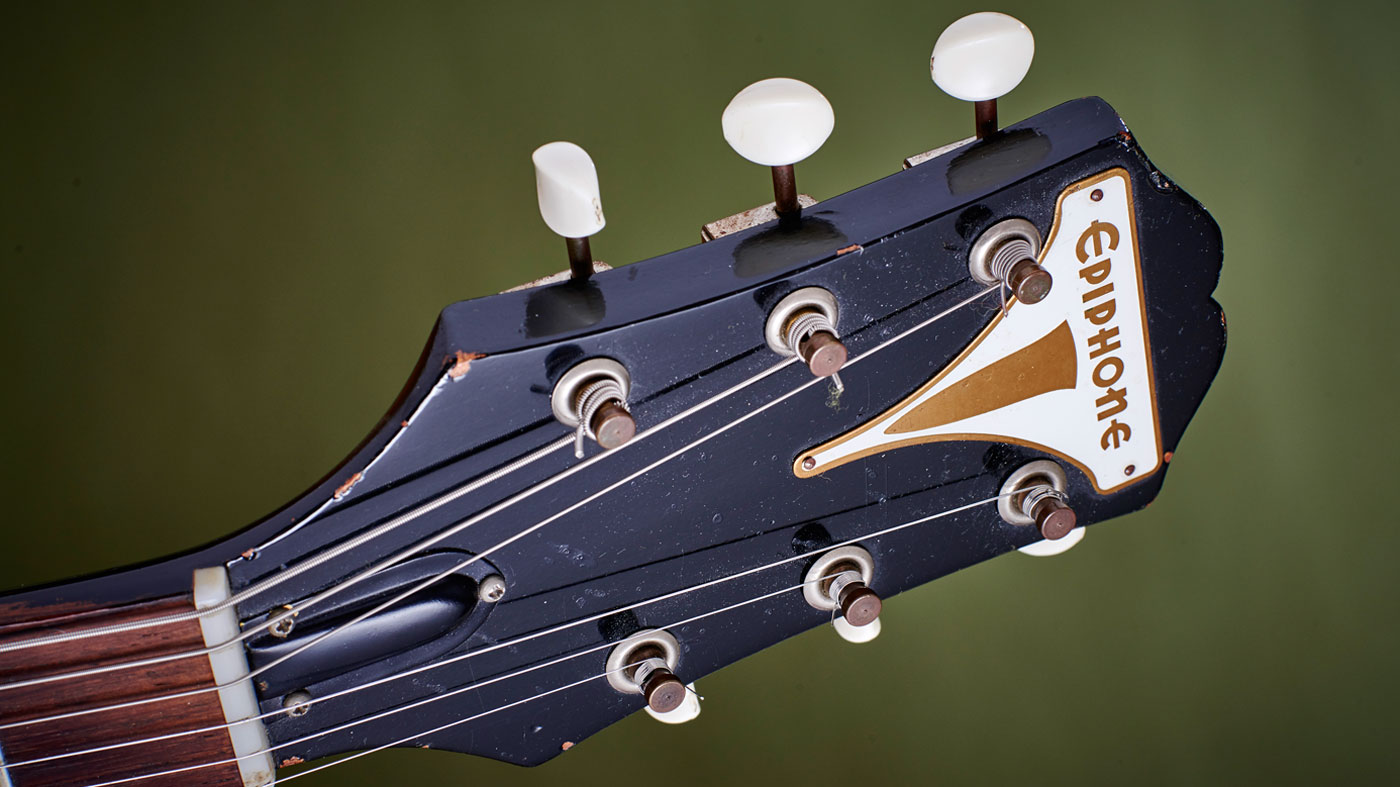
And Gibson goes further in the full statement below:
“Gibson has a long history with its with its well-known classic instruments. One such instrument is the Epiphone Coronet. The Epiphone Coronet was first introduced in the 1950s, which clearly established first use of the trademark. More recently, Gibson has been continuously manufacturing and providing the Epiphone Coronet for a limited number of Artists since 2008. This establishes historic (trademark) rights and continuous use (since 2008).
"Gibson must protect itself from this and other similar opportunistic tactics, despite the potential distractions being created"
“Gibson did not file a lawsuit. Gibson did, understandably, file for trademark ownership and requested to cancel their (Satellite’s) mark within the USPTO as Gibson is clearly the original owner, has clear first use and thus exclusive trademark rights.
Want all the hottest music and gear news, reviews, deals, features and more, direct to your inbox? Sign up here.
“As a result of creating, launching, investing, and owning the trademark for the Epiphone Coronet, Gibson simply filed to confirm their trademark ownership on a ‘first-use’ basis. The recent comments posted from the Satellite owner (Adam Grimm) confirms they (Satellite) knowingly took the name and concept from Epiphone. Brands have a right to defend themselves against this type of blatant brand misrepresentation practice, hence Gibson actions.
“The comment posted from the Satellite owner also references a letter where they offered Gibson the opportunity to ‘buy back’ a trademark that Gibson already owns “as a measure of goodwill and good publicity.” This is confusing at best, but it speaks more to Satellite’s real intentions of profiting off of another brand’s trademark and success in the market. Gibson must protect itself from this and other similar opportunistic tactics, despite the potential distractions being created.
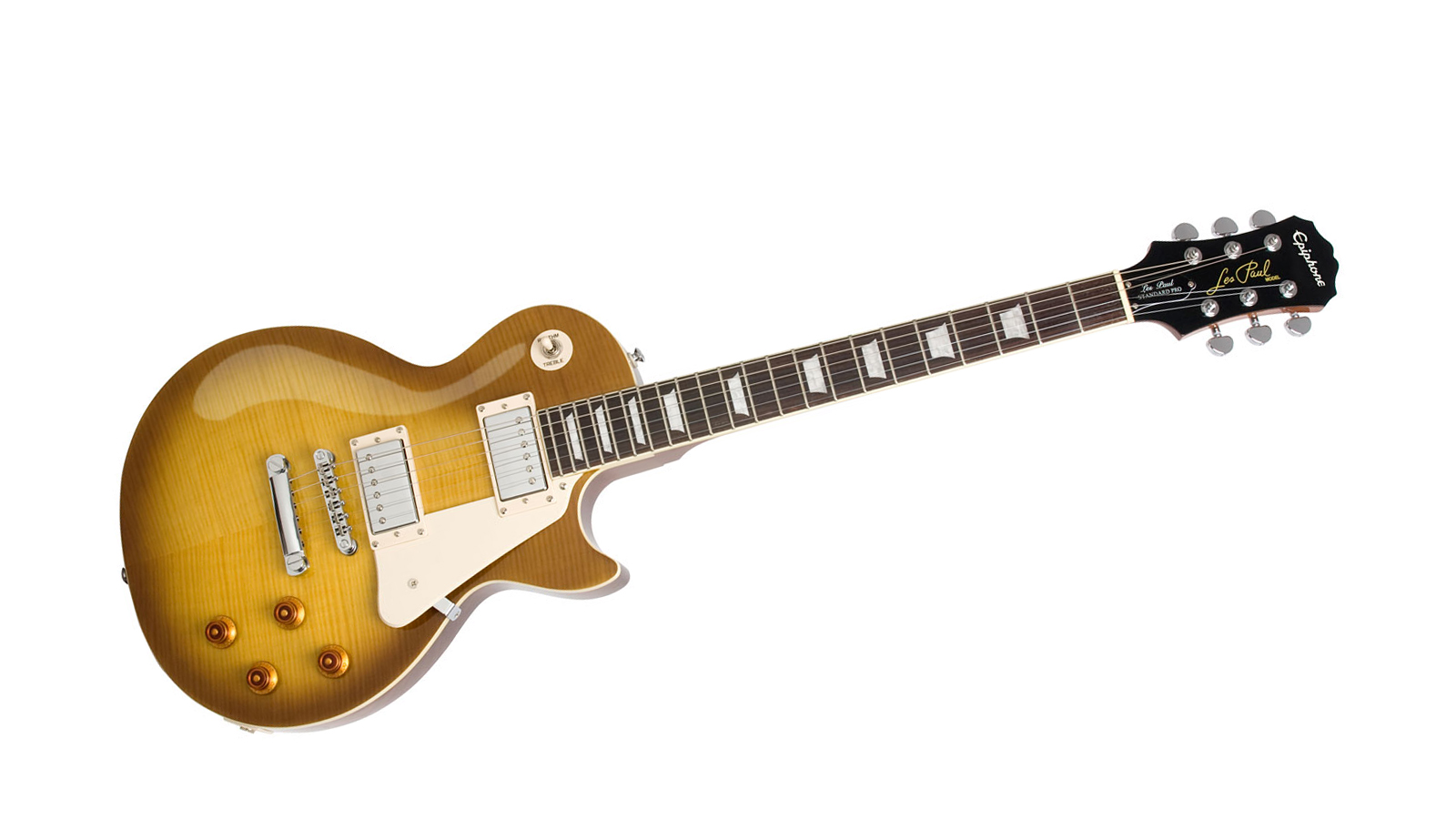
“Over the past year and a half, Gibson has put significant focus across all of their brands and remain proud of the progress that has been made. Epiphone has had a complete upgrade with the recent launch of the Epiphone Originals and the Epiphone ‘Inspired by Gibson’ collections. Based on heightened demand from guitarists and dealers, the Epiphone Coronet has been, and will continue to be, a key guitar in the Epiphone Originals Collection.
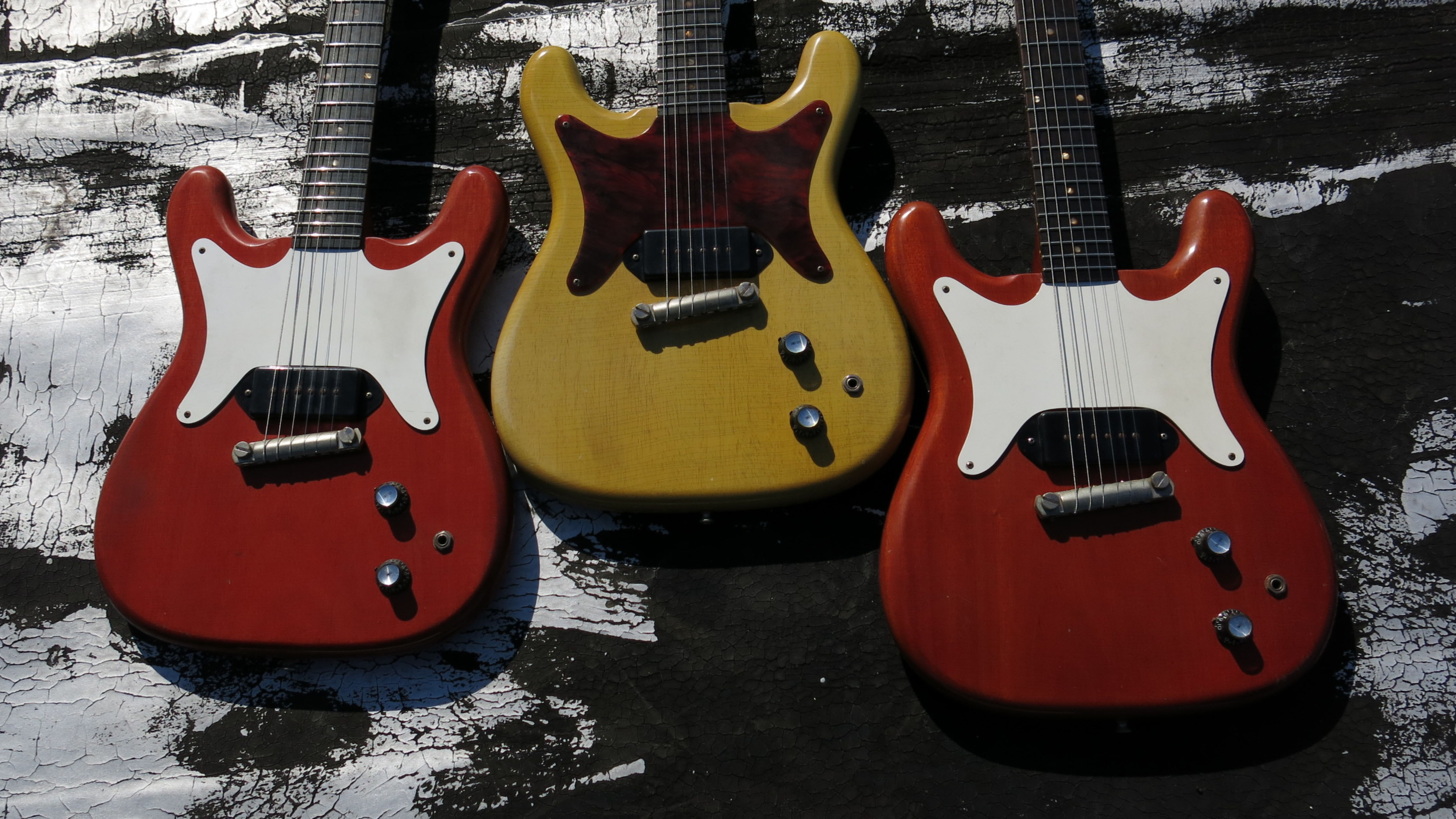
“Gibson has also engaged in the industry in a positive way by giving the Oberheim Synthesizer Brand back to the original founder, Tom Oberheim (for free) and by making sure the Slingerland Drum Brand found a suitable new home at DW Drums. The industry has recognized these, and other gestures, as true acts of goodwill and good intention.”
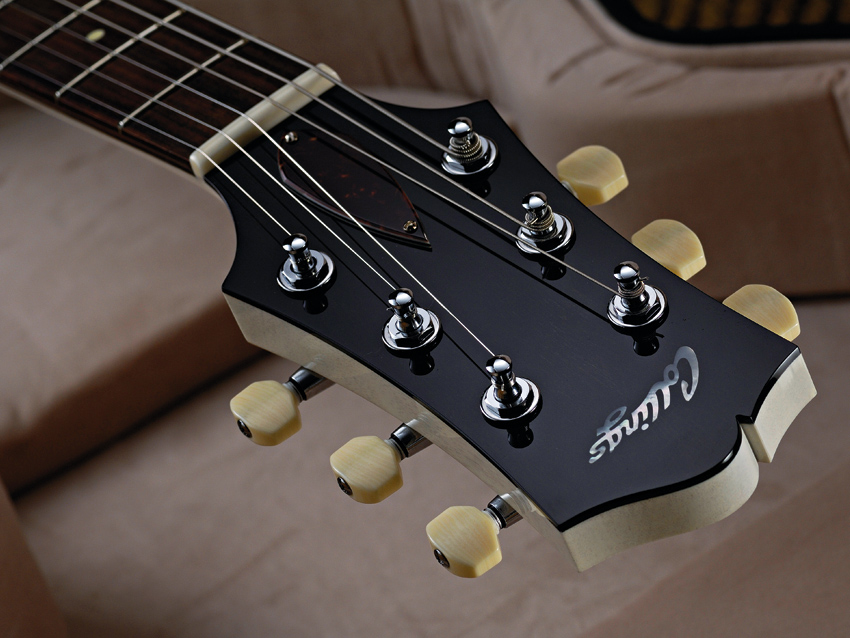
The second dispute over trademark involves Gibson's opposition to Collings Guitars' attempt to file a trademark for its headstock design last year.
Gibson has cited a "likelihood of confusion" for the move to file an opposition on 17 June 2020.
Gibson cites three of its own active trademarks at the beginning of the dispute; the Dove Wing design, plus the 1939 Epiphone headstock and 1963 Epiphone headstock designs. Gibson describes them in the document as part of a “family of distinctive headstock designs”.
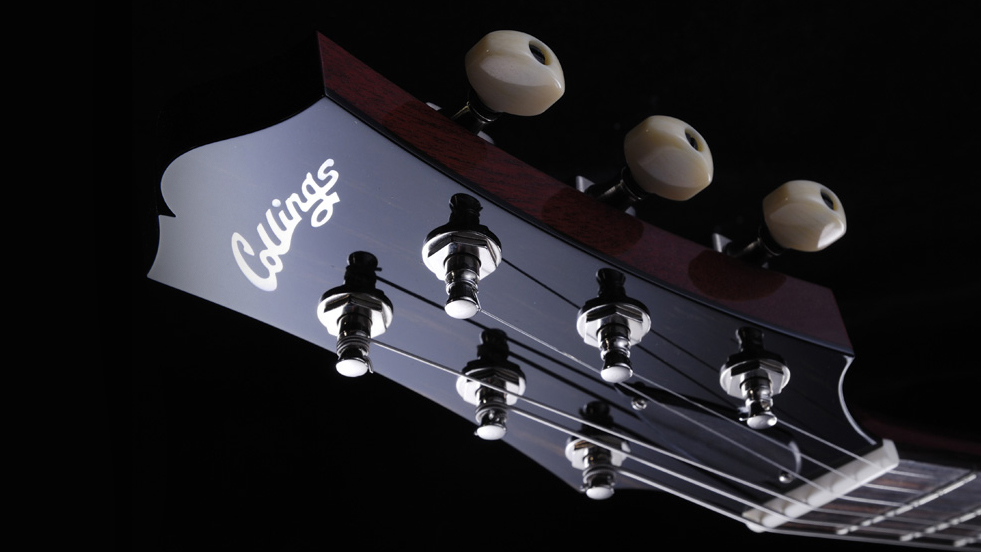
Gibson goes on to outline two grounds for the opposition. The First being a ‘likelihood of confusion’ – that the two companies products are “are of similar types" and may be offered through the same "Channels or trade" and "marketed and promoted through the same media channels,”
Gibson contests the similarity between designs is strong enough to cause “confusion, mistake, or deception” between the Gibson and Collings brands.
Gibsons's second grounds for opposition is that of ‘dilution’. The company argues that in registering Collings’ headstock as a trademark, it “would be likely to impair the distinctiveness, and cause dilution by blurring” of Gibson’s most recognised headstock designs.
These latest disputes follow the cease and desist letter Gibson sent to Kiesel Guitars earlier this year over its Ultra V and California Single models.
MusicRadar is the number one website for music-makers of all kinds, be they guitarists, drummers, keyboard players, DJs or producers...
- GEAR: We help musicians find the best gear with top-ranking gear round-ups and high-quality, authoritative reviews by a wide team of highly experienced experts.
- TIPS: We also provide tuition, from bite-sized tips to advanced work-outs and guidance from recognised musicians and stars.
- STARS: We talk to musicians and stars about their creative processes, and the nuts and bolts of their gear and technique. We give fans an insight into the craft of music-making that no other music website can.
